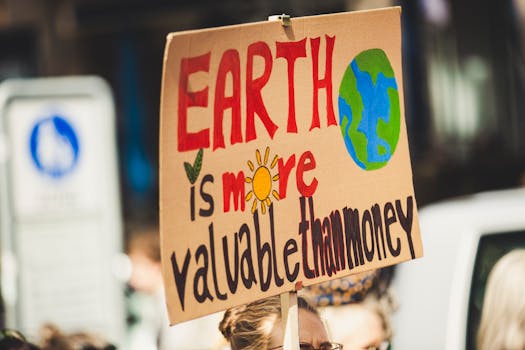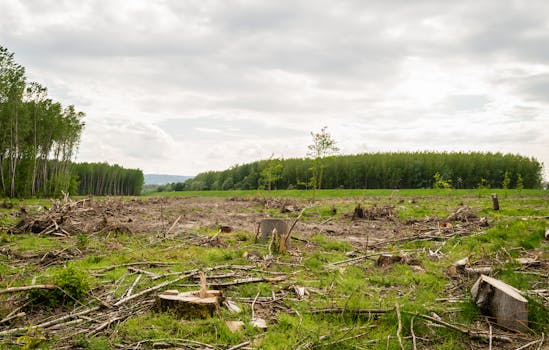
Climate Change and Its Impact on Global Ecosystems
Climate change is one of the most pressing issues of our time, with far-reaching consequences for global ecosystems. The impact of climate change on global ecosystems is multifaceted, affecting not only the environment but also human societies and economies. Rising temperatures, changing precipitation patterns, and increased frequency of extreme weather events are altering the delicate balance of ecosystems, leading to loss of biodiversity, ecosystem disruption, and negative impacts on human health and well-being.
Causes and Consequences of Climate Change

The primary cause of climate change is the increasing levels of greenhouse gases in the atmosphere, primarily carbon dioxide, methane, and nitrous oxide. These gases trap heat from the sun, leading to a global average temperature increase of over 1°C since the late 19th century. The consequences of climate change are widespread and varied, including sea-level rise, more frequent and severe heatwaves, droughts, and storms, and changes in precipitation patterns.
Impact on Biodiversity and Ecosystems

Climate change is having a profound impact on biodiversity and ecosystems. Many plant and animal species are struggling to adapt to the changing climate, leading to population declines, local extinctions, and even global extinctions. Ecosystems such as coral reefs, polar ecosystems, and mountain ecosystems are particularly vulnerable to climate change. The loss of biodiversity and ecosystem disruption can have severe consequences for human societies, including loss of ecosystem services, decreased food security, and negative impacts on human health.
Human Health and Well-being

Climate change also has significant implications for human health and well-being. Warmer temperatures and changing precipitation patterns can increase the spread of disease, heat stress, and other heat-related illnesses. Climate change can also exacerbate existing health conditions, such as respiratory diseases, and increase the risk of mental health problems. Furthermore, climate change can lead to food and water scarcity, displacement, and migration, which can have severe consequences for human health and well-being.
Conclusion

In conclusion, the impact of climate change on global ecosystems is severe and far-reaching. It is essential that we take immediate action to mitigate the effects of climate change, including reducing greenhouse gas emissions, transitioning to renewable energy sources, and protecting and restoring natural ecosystems. Individuals, communities, organizations, and governments must work together to address the causes and consequences of climate change and ensure a sustainable and equitable future for all.






